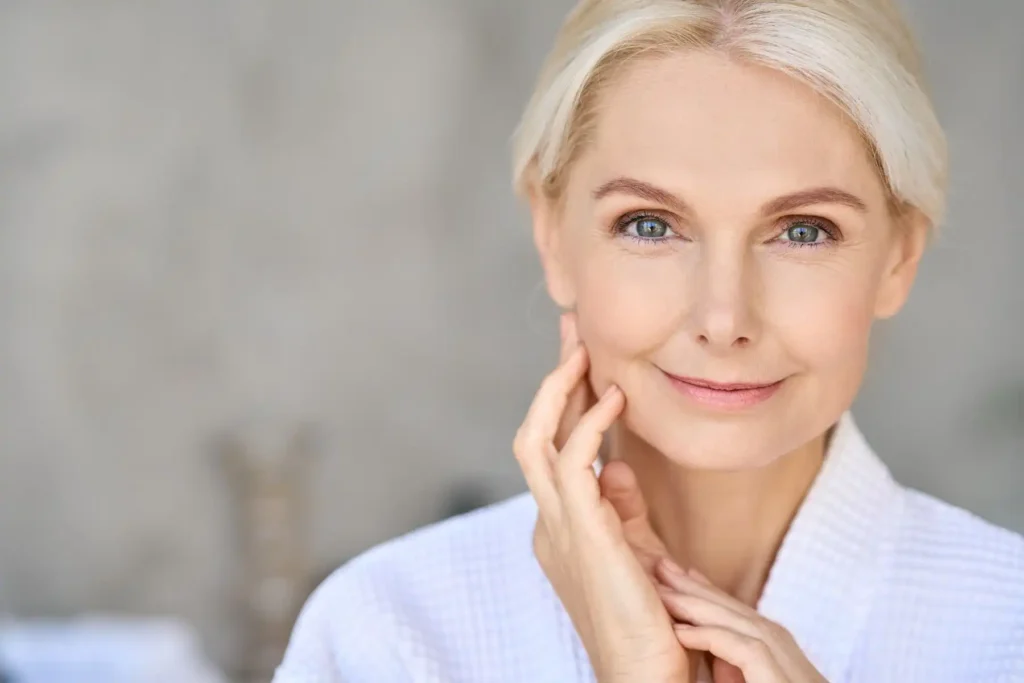When it comes to Skin Ageing: Genes vs. Environment, many of us find ourselves caught in a tug-of-war between our genetic makeup and external influences. While we can’t rewrite our genetic code, we do have some control over environmental factors that contribute to ageing. So, what can we actually control, and what is simply a roll of the genetic dice? Let’s delve into this fascinating topic.
The Genetic Factor
Genetics play a significant role in how our skin ages. If your parents or grandparents have smooth, youthful skin well into their later years, chances are you’ve hit the genetic jackpot. Genes determine our skin type, how much collagen we produce, and even how quickly we might develop wrinkles or age spots. Unfortunately, these are aspects we can’t change. However, understanding your family’s skin history can give you a roadmap for what to expect and how to approach skincare.
The Environmental Factor
Unlike genetics, environmental factors are variables we can control to some extent. Sun exposure is the most notorious culprit for premature skin ageing. Ultraviolet (UV) rays break down collagen and elastin fibres, leading to wrinkles and sagging skin. Smoking is another environmental factor that accelerates skin ageing by reducing blood flow and contributing to wrinkles. Pollution, poor diet, and stress also have detrimental effects on our skin’s ageing process.
Striking a Balance
While you can’t change your genes, you can take proactive steps to mitigate environmental damage. Here are some tips:
Sun Protection: Always wear sunscreen with a high SPF, even on cloudy days. Don’t forget to reapply every two hours when spending extended time outdoors.
Healthy Diet: Foods rich in antioxidants, like fruits and vegetables, can fight off free radicals that speed up ageing.
Skincare Routine: Invest in quality skincare products that suit your skin type. Look for ingredients like retinol, hyaluronic acid, and peptides that promote skin health.
Stress Management: Chronic stress releases hormones that can accelerate ageing. Practices like meditation, exercise, and adequate sleep can help manage stress levels.
In the battle against skin ageing, knowledge is power.
While you can’t control your genetic predisposition to certain ageing traits, you can control your environment to a large extent. By understanding the factors that contribute to skin ageing, you can make informed choices that help you age gracefully, keeping your skin as youthful and vibrant as possible for years to come.
So, the next time you find yourself worrying about those fine lines or age spots, remember: some things are within your control. Take charge of those, and you’ll be well on your way to healthier, younger-looking skin.
Dr. Karen Gait, a qualified doctor since 2013, has dedicated a decade to the NHS in various roles. She specializes in dermatology and offers a wide range of aesthetic treatments, including Aqualyx, Botox, filler treatments, and Plexr procedures.
To book an aesthetic consultation with Dr Karen Gait in our Wrexham clinic, click here.






